India's central bank, the Reserve Bank of India (RBI), has maintained its benchmark repo rate at 6.50 percent for the eighth consecutive time, citing ongoing inflation risks. Despite a decrease in inflation from its 2022 peak of 7.8 percent, it remains above the RBI's target of 4 percent. RBI Governor Shaktikanta Das emphasized the bank's vigilance towards inflation risks, especially those stemming from food prices.
This decision follows recent political developments where Prime Minister Narendra Modi's Bharatiya Janata Party did not secure an outright majority in the national elections, necessitating coalition partnerships. Analysts suggest that Modi's government might resort to populist spending to gain support from allies, potentially exacerbating inflation.
India's economy grew by 8.2 percent in the fiscal year ending March 2024, driven by a strong manufacturing sector. Despite robust growth, the International Monetary Fund forecasts a slight slowdown to 6.8 percent GDP growth for 2024-25, though it will still be the fastest among large economies.
Interest rates were raised by 2.5 percentage points between May 2022 and February 2023 but have remained steady since then. India's retail inflation was 4.83 percent in April, driven mainly by food prices, while core inflation, excluding food and fuel, remained below 4 percent. The RBI's continued cautious approach reflects ongoing concerns about inflationary pressures in the world's fifth-largest economy.



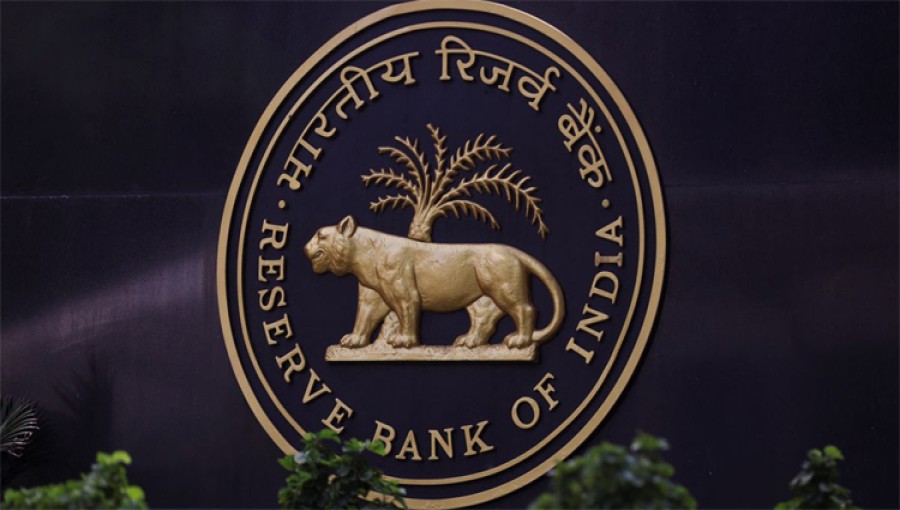





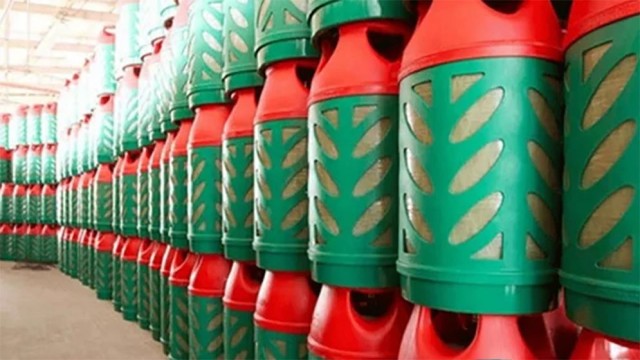

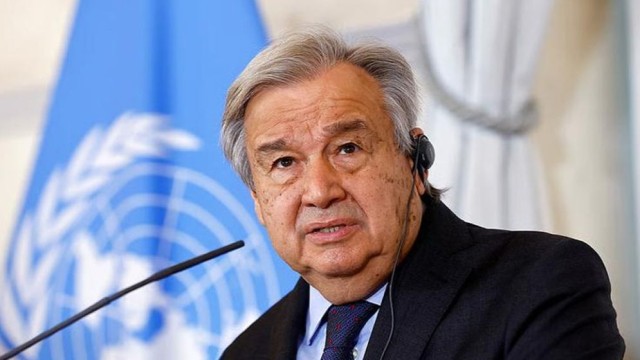

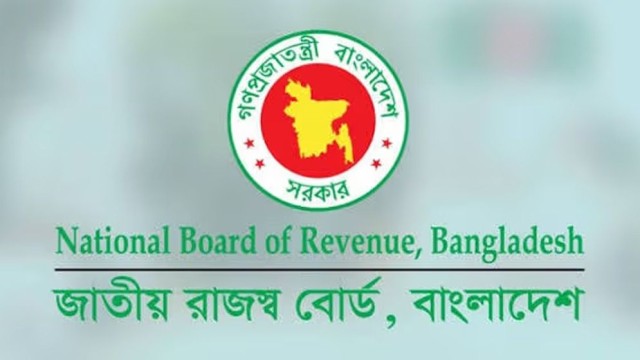

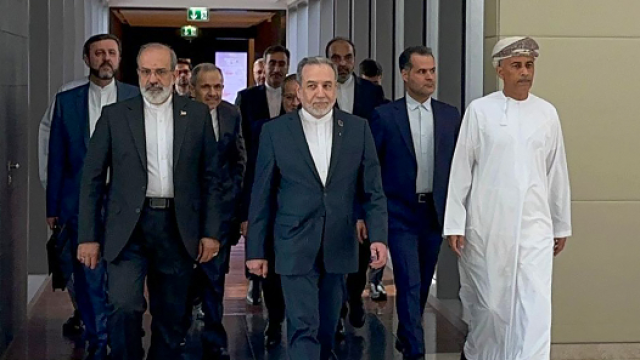


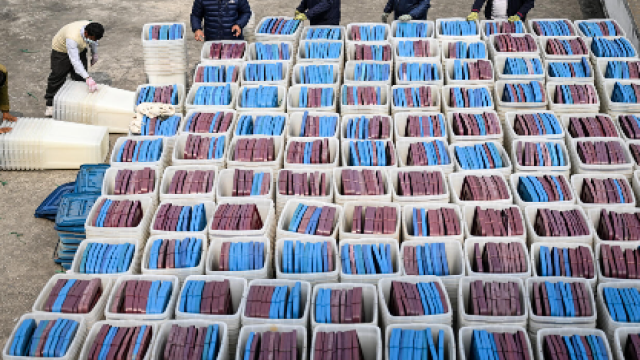












Comment: